Why you need to take responsibility for your own mental health
When it comes to mental health, it’s natural to expect the people in our lives to step forward and take care of us so that just like Christina Aguilera, we can croon about how “you always save me from myself”. While that school of thought is incredibly romantic in books and movies, it is pretty messed up in real life. How can anyone invest so much time and energy in another person when they have their own issues to deal with first? Here’s Why you need to take responsibility for your own mental health
Nobody is coming to save you
Okay, I know I sound effing mature now, but until very recently, I used to be a big-time believer in this whole ‘someone is coming to save me’ concept. It has taken me all of 29 years (yup, that’s my age) to fully come to terms with the terrifying yet liberating fact that NO ONE is going to save me. Family and friends will help and support at times, but ultimately, it is up to me to save myself. For this very reason, I believe that you must be your own best friend. But let’s not digress.

So where was I? Right, I was talking about this dream many of us have for someone to come and save us from a crisis, be it mental health or existential or whatever. Thanks to the movies, we have seen it manifest successfully in (questionably) affable tropes like the ‘Manic Pixie Dream Girl’ and more recently, the ‘Manic Pixie Dream Boy’. But in real life, such people don’t exist. At least, for their own sake, I hope they don’t exist; can you imagine devoting your existence just to fix someone else’s problems?
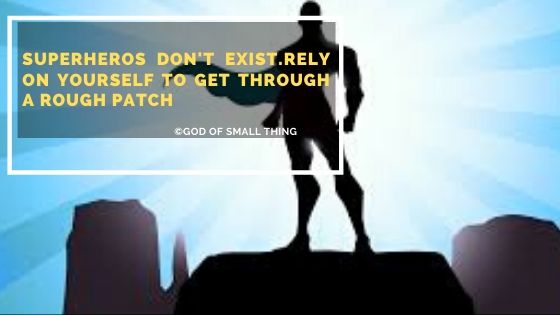
Rely on yourself to get through a rough patch
Besides, irrespective of whether MPDGs and MPDBs exist or not, the important thing to remember is a) don’t go looking for them as they need to be directed to put themselves first and b) you need to take responsibility for your own mental health. Sure, it’s difficult, but isn’t it better than constantly relying on someone else to get through a rough patch? And as badly as someone wants to be there for you constantly, there’s no way they can be available for you every time you need them. Why set yourself up for disappointment and make them feel guilty for not being one call away?
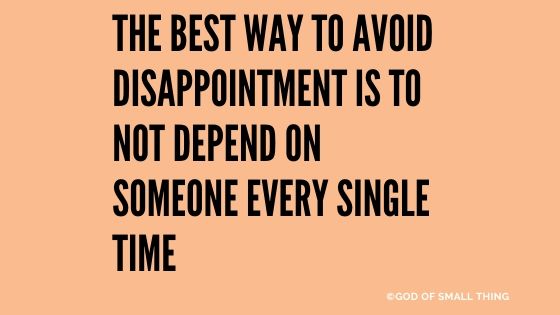
There’s nothing wrong with asking for help though
The bitter truth is that although you have not brought your mental health problems upon yourself, you and you alone have to learn to function in spite of them. Take all the help you need like therapy, medication, or simply confiding in someone, but ultimately, you should be the one who’s calling the shots. So take a deep breath, shut down the pity party, stop playing the victim, get in the driver’s seat, and take charge of your life. Trust me, you got this.
If you too are dealing with anxiety, depression, or sadness, then you should definitely check out professional help. You can find help at BetterHelp, a platform that offers online counselling and advice.
For starters, you could do the following to ensure that you are in good mental health:
1. Get a good night’s sleep every day
Make sure you get enough sleep at night. If you struggle with insomnia, try out herbal or Ayurvedic remedies before visiting a doctor. As per a recent study, A weekend sleep-in has many health benefits and helps you live longer.
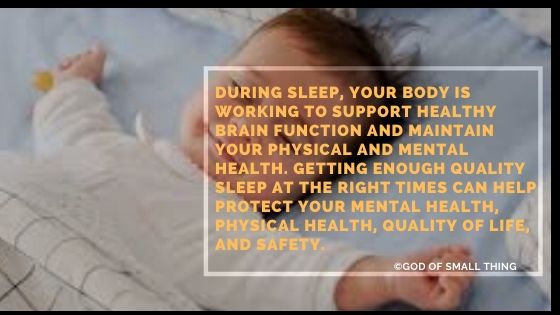
2. Make time for daily exercise
From going on a walk to getting in some cardio at the gym, there are various exercise options that you must explore to be physically and mentally fit. Soaking in some sun will also help improve your mood.
You may also wish to read: how to stay fit and healthy naturally? Lifestyle tips by Rujuta Diwekar for a fitter and better you.
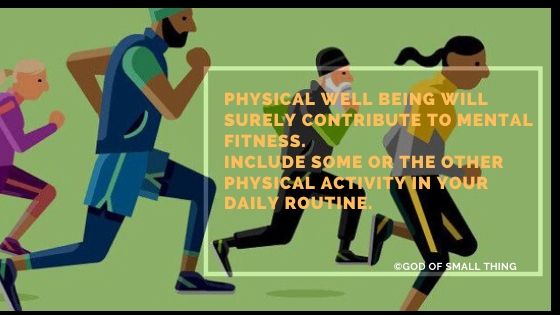
3. Learn some Cognitive Behavioral Therapy (CBT) techniques
CBT is a kind of therapy that helps rewire a person’s mind so that they can see things from an objective, unbiased point of view. In an ideal world, I would have recommended CBT practiced by a therapist, but therapy is often expensive and inaccessible. Luckily, websites like Udemy offer cheap, short-term courses that enables anyone with a smartphone and an internet connection to learn CBT.
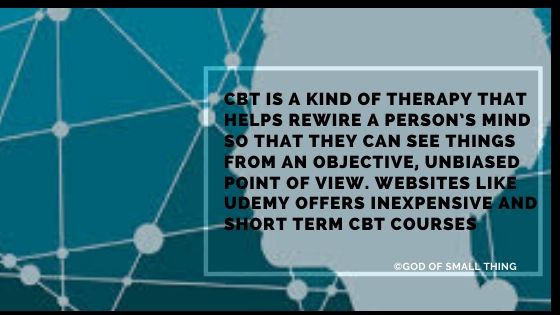
What do you do to help yourself when you are going through say, an episode of depression, a panic attack, or a manic phase? Do share your tips and experiences in the comments below.
The article is contributed by Mahevash Shaikh a millennial blogger and poet who writes about culture, society, and mental health. She lives to question convention and redefine normal. You can find her at www.mahevashmuses.com.

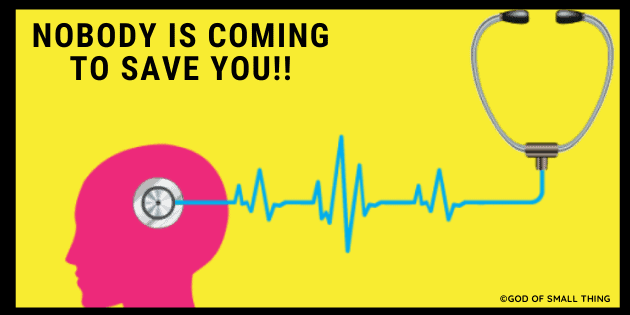



Wao this wS helpful and at the same time a challenge to me, to drop off all imaginations cause they aren’t real
Pingback: Women health: How to be Healthy woman and live a healthy life